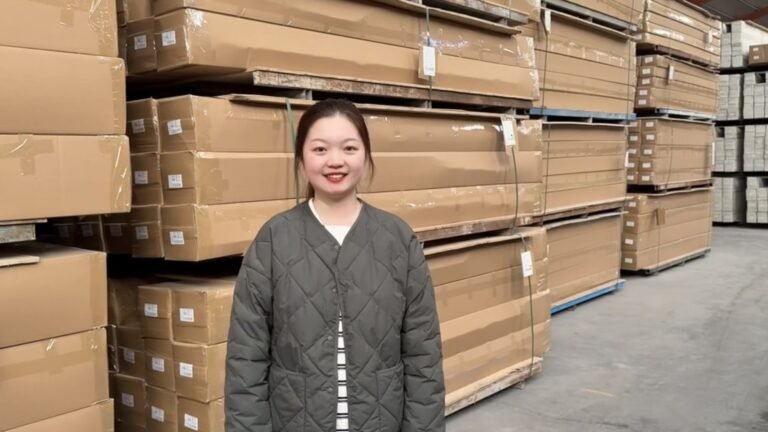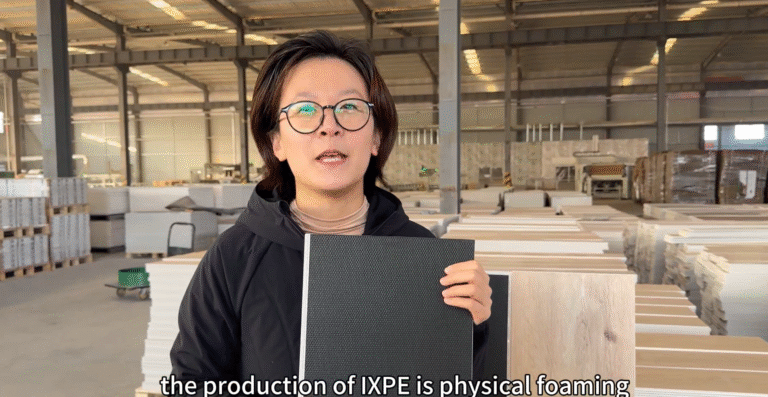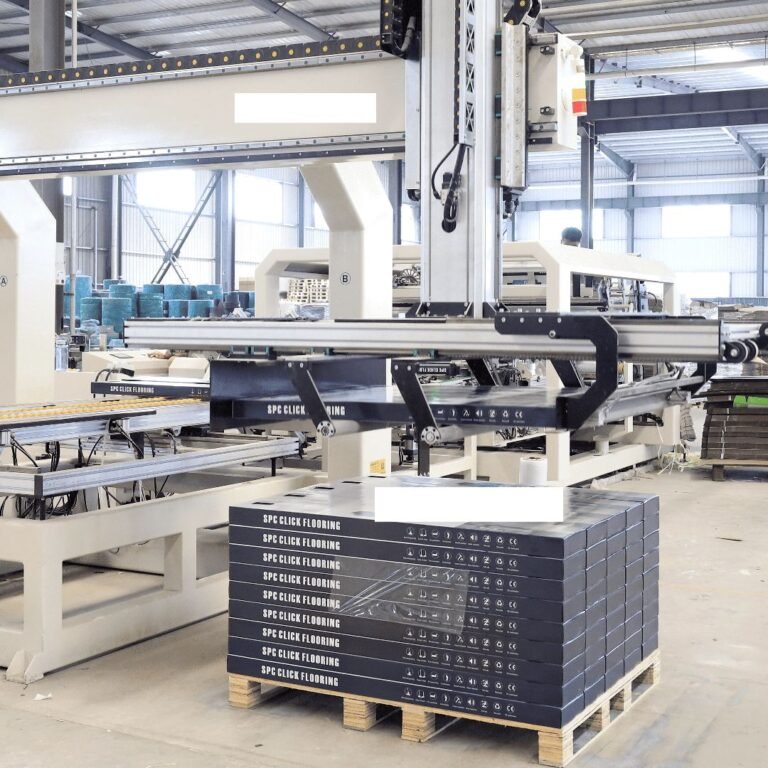SPC vs. LVT Flooring: Which Innovative Vinyl Option is Best for You?
In the modern flooring market, vinyl has rightfully claimed the spotlight, celebrated for its impressive blend of affordability, durability, and stylistic versatility. But within this popular category, two star products—SPC (Stone Plastic Composite) and LVT (Luxury Vinyl Tile)—each bring unique strengths to the table. Understanding their core differences is essential to finding the perfect balance that suits your lifestyle, aesthetic goals, and budget!
The Core Foundation: Composition and Stability
The core of your flooring is what determines its long-term performance and resilience, and this is where SPC and LVT have fundamentally different compositions. LVT is a traditional multi-layered solution, primarily made of flexible PVC, which allows it to mimic wood and stone textures beautifully. SPC, on the other hand, is an evolution: its core consists of limestone powder, virgin PVC, and stabilizers.
This dense, rigid core makes all the difference in stability. SPC is considered the most stable option among vinyl floors. Its high density means it is far less likely to expand or contract when faced with fluctuations in temperature or humidity. LVT, while excellent, is more flexible and can be more prone to movement if subjected to major temperature swings or if not installed perfectly. If you are dealing with large, open areas or a sun-drenched space, SPC’s superior dimensional stability offers true peace of mind.
Toughness vs. Feel: Durability and Comfort
When it comes to durability, both are highly resilient, but they resist damage differently. SPC’s high-density stone core makes it the best choice for impact resistance, standing strong against dents and heavy furniture. If you are looking for flooring that can handle dropped objects or extremely heavy loads, the firm structure of SPC is the winner.
However, this firmness comes at the expense of comfort. Since SPC is so dense, it is generally the least comfortable option underfoot, feeling rigid and hard. LVT, with its flexible PVC structure, provides a more comfortable and softer feel, often perceived as warmer to the touch. If your priority is a cozy, softer step in your living spaces, LVT often feels superior.
Practicality: Water Resistance and Cost
Both floors are excellent choices for wet areas, but SPC offers a slight edge in water resistance due to its virtually impermeable, ultra-dense core. While LVT is highly water-resistant, its seams between planks or tiles can sometimes be a point of vulnerability if not perfectly sealed. For absolute confidence in moisture-prone rooms like bathrooms and kitchens, SPC provides maximum security.
Finally, let’s talk about investment. The cost of these floors can vary greatly by manufacturer, but in general, SPC flooring is often the most affordable choice within the rigid core category. LVT can sometimes fall slightly higher in price, though both offer far greater value compared to traditional hardwood or stone.




